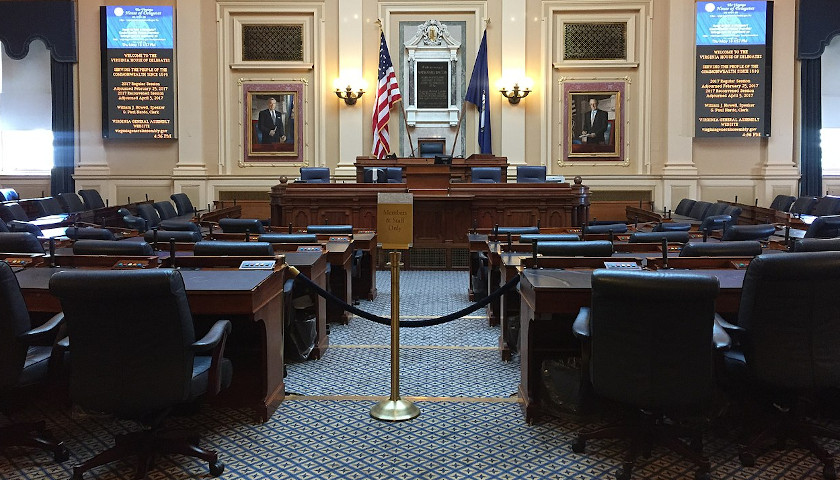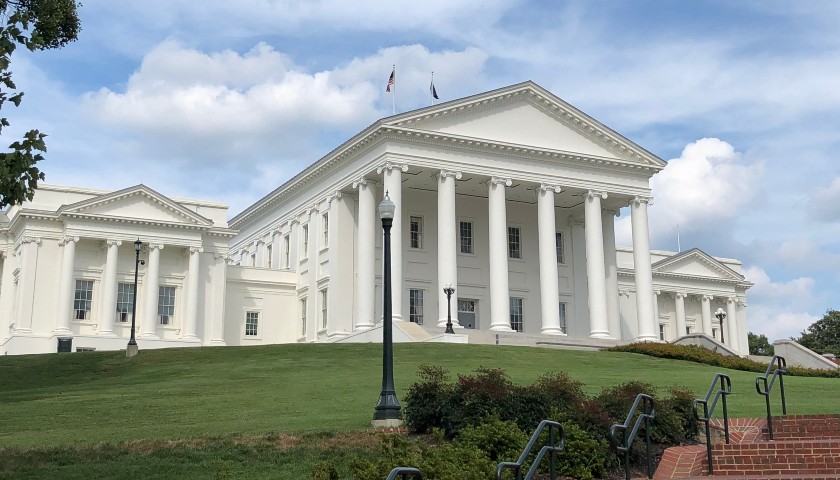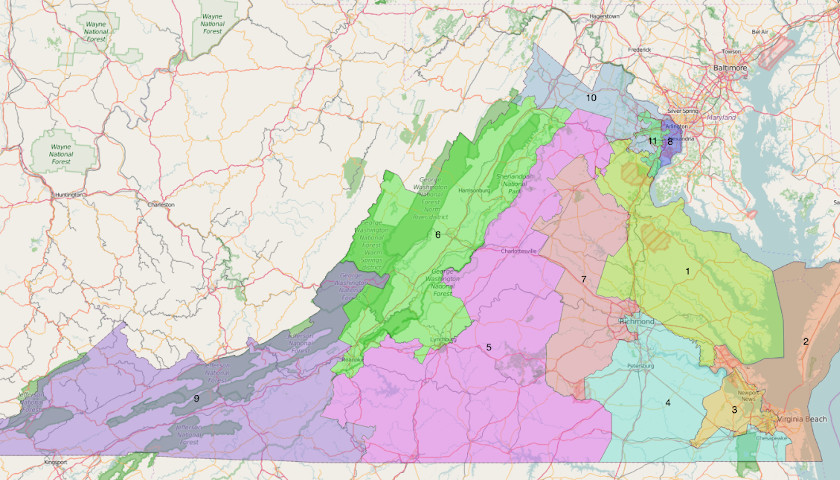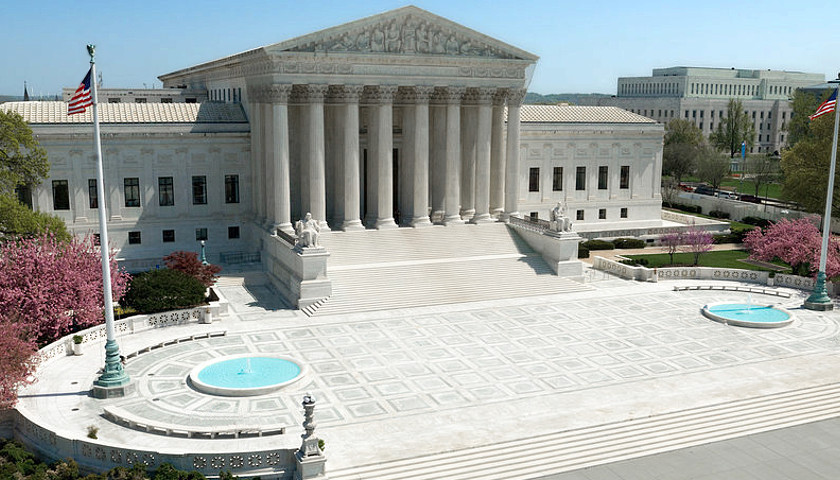With popular conservative Phoenix City Councilman Sal DiCiccio term limited, local activist and professor Moses Sanchez, a Republican, announced he is running for the District 6 slot based in Ahwatukee. He ran unsuccessfully for mayor of Phoenix in 2018, a difficult race for Republicans since Phoenix has more Democrats, but District 6 leans Republican.
“I’m proud to call Ahwatukee home,” he said in a statement on August 11. “I’ve raised my family in Phoenix, served on our local school board, run for Mayor, and worked to grow a small business. I’m running for Phoenix City Council to provide the same opportunities this city has given me and stand up for the most overlooked community in Phoenix.”
Read the full story












